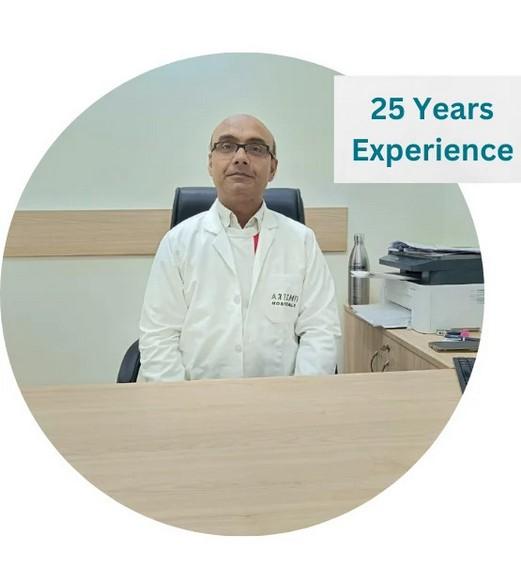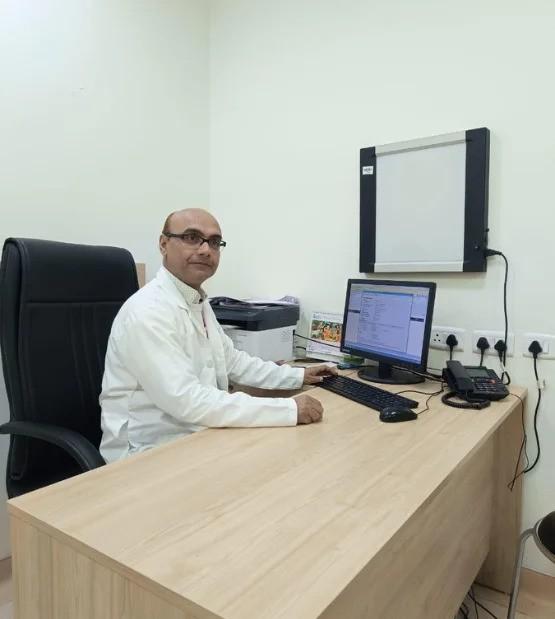

KIDNEY
HEALTH AWARENESS: PROTECTING YOUR BODY’S SILENT WORKERS

PROTECTINGYOUR BODY’S SILENT WORKERS
WHY KIDNEY HEALTH MATTERS


• The kidneys are vital organs that perform the crucial task of filtering waste and excess fluid from our blood.They also help regulate blood pressure, produce red blood cells, and maintain the body's fluid and electrolyte balance. Despite their importance, kidney health is often overlooked because symptoms of kidney issues can be mild or nonexistent in the early stages. Raising awareness about kidney health can help people take preventive steps and seek medical attention before the condition becomes serious or irreversible.
COMMON KIDNEY DISEASES
• There are several types of kidney-related conditions that can affect people of all ages.
Chronic Kidney Disease (CKD) is a gradual loss of kidney function over time, and it is one of the most common kidney disorders. Kidney stones are another widespread issue, often causing intense pain. Urinary Tract Infections (UTIs) can lead to kidney infections if left untreated. Kidney failure is the most severe outcome, sometimes requiring dialysis or a transplant. Many of these problems are linked to underlying issues such as diabetes and high blood pressure, making early detection and management critical.


WARNING SIGNS TO WATCH FOR


• Many kidney problems develop silently, but there are certain symptoms that may indicate trouble.These include swelling in the legs, ankles, or hands, changes in urination such as foamy or discolored urine, persistent fatigue or weakness, high blood pressure, and a noticeable loss of appetite or nausea.While these symptoms can be subtle, ignoring them can lead to serious consequences. It's important to listen to your body and consult a doctor if you notice any of these warning signs.
HOW TO KEEP YOUR KIDNEYS HEALTHY


• Maintaining healthy kidneys doesn't require extreme changes—it starts with daily habits.
Drinking enough water, eating a low-salt, balanced diet, and exercising regularly can go a long way in protecting kidney function. It's also important to manage health conditions like diabetes and high blood pressure, both of which are leading causes of kidney damage.
Avoiding the long-term use of painkillers and staying away from tobacco and excessive alcohol are also important preventive measures. Regular medical checkups, even when you feel well, help catch potential problems early.
WHEN TO SEE A NEPHROLOGIST


• You should consider seeing a nephrologist—a kidney specialist—if you have diabetes, high blood pressure, or a family history of kidney disease. Other signs that require a specialist’s attention include swelling in the body, abnormal urine test results, or longterm use of medications that may affect the kidneys. Even in the absence of symptoms, consulting a nephrologist for preventive screening can be an important step, especially if you are in a high-risk group. Early consultation often leads to better outcomes and can slow down or completely prevent kidney disease progression.


• Your kidneys may not speak, but they reflect your lifestyle and health choices.Taking care of them today can save you from long-term complications tomorrow. If you or someone you know is at risk, don’t wait—get evaluated and take control of your health now.
• Clinic Details:
